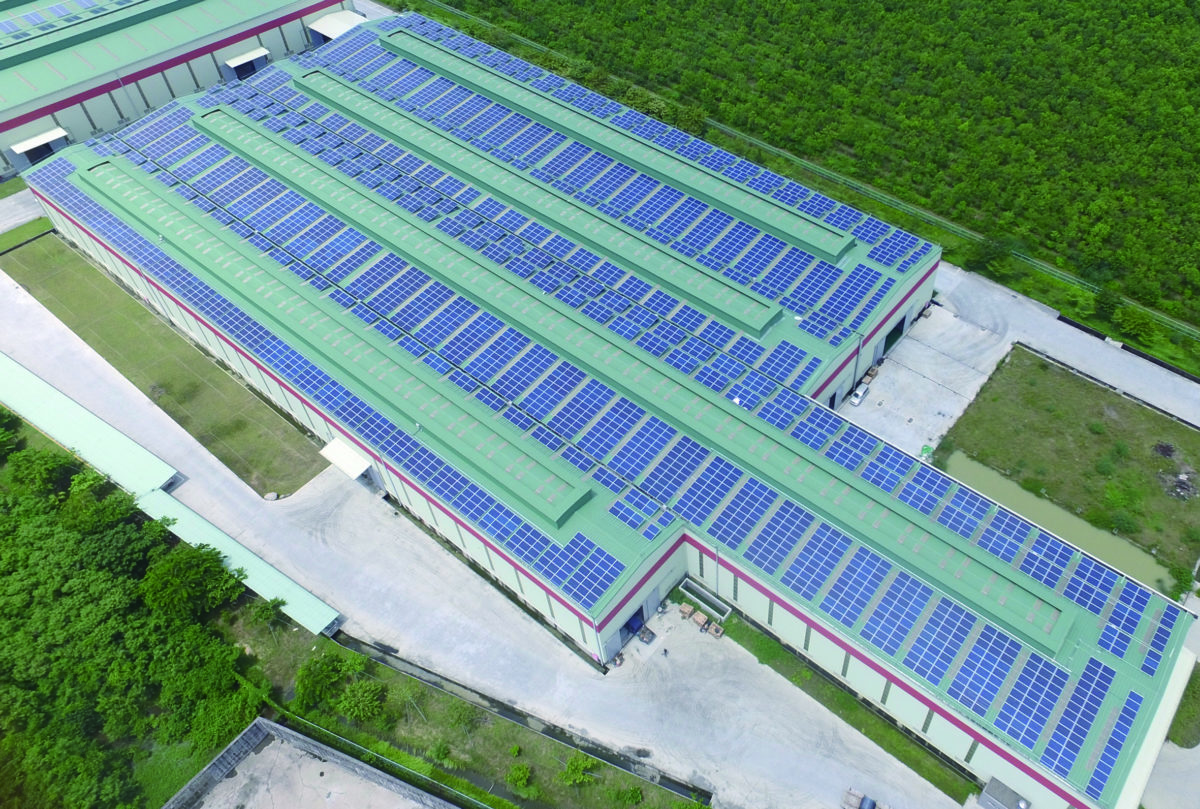Taiwan's Ministry of Economic Affairs (MoEA) has revealed that the feed-in tariffs FITs for PV installations that went into force in the first half of this year will remain unchanged until the end of December.
The government had originally planned to reduce the tariffs from July. Residential installations ranging in capacity from 1 kW to 10 kW are currently awarded tariffs of up to TWD 5.8952 ($0.20)/kWh, but that was expected to drop to TWD 5.7848.
The MoEA said the decision was driven by high raw material prices, which would have prevented more renewable energy deployment. It has also decided to grant a bonus ranging from TWD 0.0538/kWh to TWD 0.1075/kWh for large-scale solar projects that reach completion 21 months earlier than scheduled.
In addition, the Taiwanese government has revealed that the country reached a cumulative installed solar capacity of around 7.7 GW at the end of 2021, with new additions reaching 1.9 GW. The authorities aim to install 20 GW of solar by 2025, with 3 GW of rooftop PV and 17 GW of ground-mounted capacity.
This content is protected by copyright and may not be reused. If you want to cooperate with us and would like to reuse some of our content, please contact: editors@pv-magazine.com.




Quite large scale. According to the Taiwanese government, as of the end of 2021, the nation had a total installed solar capacity of about 7.7 GW.